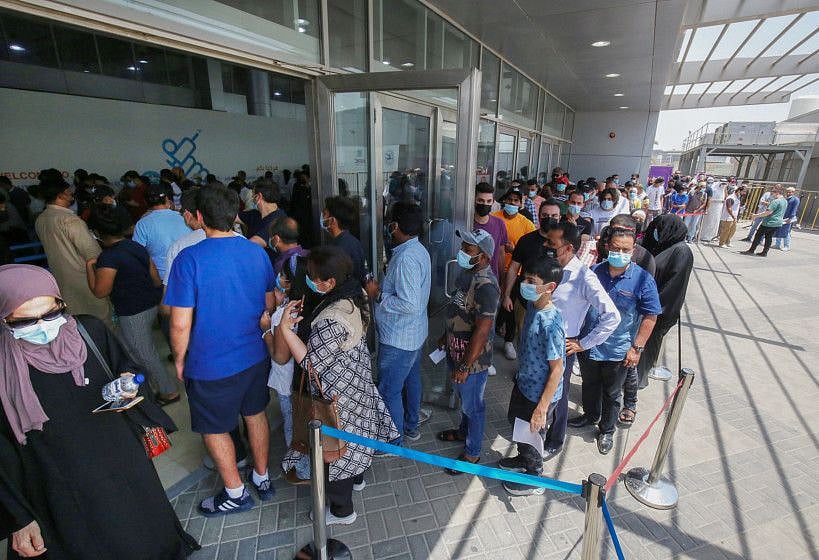COVID-19: Kuwait prepares to put a check on future outbreaks
Moves to address demographic and housing structure, especially in densely populated areas

Kuwait City: A year and a half into the global pandemic, health experts around the world are discussing ways to avoid future outbreaks.
In Kuwait, the head of the COVID-19 committee at the Ministry of Health, Dr. Khaled Al Jarallah, said that the country needs to address the demographic and housing structure to avoid any future outbreaks from spreading, especially in densely populated areas.
According to data published by the Kuwaiti Ministry of Health, the Ahmadi and Hawally governorates are reporting more than 50 per cent of total COVID-19 cases in the country.
With 850,000 people living in a radius of 82 kilometres, Hawally is one of the most densely populated cities. Mahboula, a city located in the Ahmadi governorate, has an approximate population of 200,000 people living within 40kmn radius, according to the Public Authority for Civil Information.
Cases increased given that most residents did not have access to the COVID-19 vaccine in the first six months of the vaccination campaign as the government prioritised administering jabs to citizens.
Living conditions
Many people have pointed out that expat workers living in densely populated areas were the most affected by the pandemic.
Living in tight quarters, many labourers did not have the luxury of social distancing as they shared their accommodation with a number of people and were forced to continue working even as the virus spread.
During the beginning of the pandemic, many citizens and officials blamed expat workers for the spread of the virus, which led to an increase in xenophobia and anti-expat rhetoric.
Kuwait is home to over three million expatriates, many of which are low-income workers that live in neighbourhoods like Jleeb Al Shuyoukh, Mahboula and Hawally.
Sign up for the Daily Briefing
Get the latest news and updates straight to your inbox
Network Links
GN StoreDownload our app
© Al Nisr Publishing LLC 2026. All rights reserved.